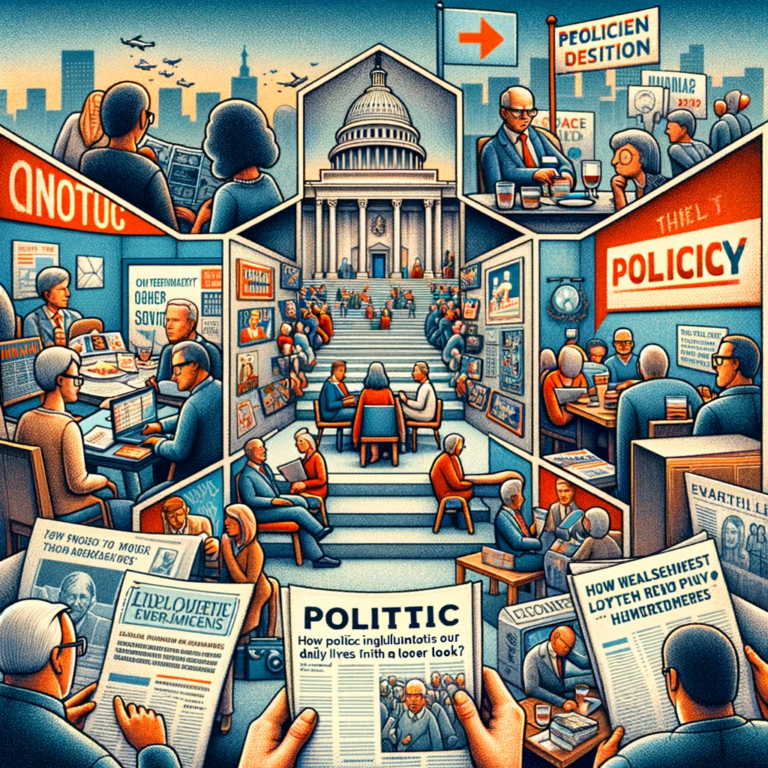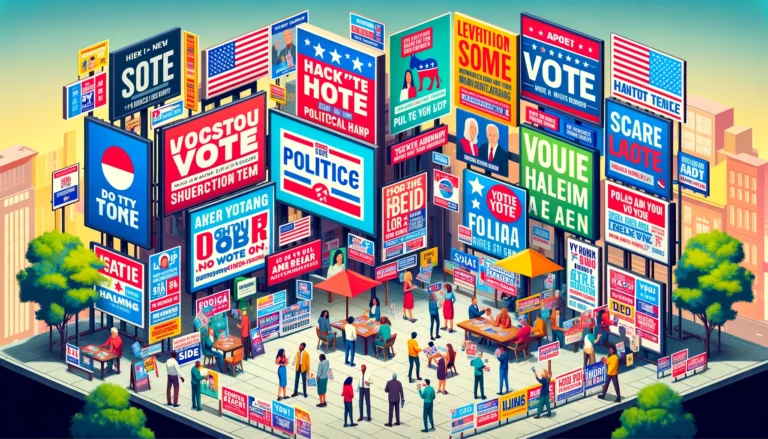Politics on Wikipedia: Explore Key Concepts
Politics is a complex and multifaceted subject that touches virtually every aspect of human society. From the halls of local governments to the corridors of power in global institutions, political actions and decisions shape the world in which we live. Given the breadth and depth of this subject, it can be challenging to find reliable, concise, and up-to-date information that captures the essential aspects of politics. This is where Wikipedia, the world’s most giant free online encyclopedia, comes into play. It offers a wealth of knowledge on political concepts, figures, and events from across the globe. Here, we will delve into how to navigate and understand political content on Wikipedia, ensuring you can make the most of this resource.
Understanding Wikipedia’s Structure in Political Entries
Wikipedia is a user-generated platform where content is continuously updated and refined by volunteers. This model, while incredibly inclusive and dynamic, requires users to understand how to evaluate and interpret the information presented, especially in politically charged entries.
Navigating Political Articles
Wikipedia’s political articles range from historical events and biographies to the intricacies of political theories and systems. Each entry typically follows a standard structure: an introduction that summarizes the topic followed by a detailed breakdown of its history, key figures, and related concepts. For more complex subjects, you’ll find sub-articles linked within the main page that dive deeper into specific aspects.
Verifying Reliability
Due to the open-edit nature of Wikipedia, verifying the reliability of its content is crucial. Each article includes citations that link to sources—these are your best tools for assessing the credibility of the information. Articles with frequent citations from reputable sources like academic journals, well-established media outlets, and recognized experts are generally reliable. Furthermore, Wikipedia’s “Talk” pages can be enlightening; they reveal discussions about the content’s accuracy, neutrality, and comprehensiveness.

Critical Concepts in Political Science on Wikipedia
Exploring politics on Wikipedia can seem daunting, given the vast number of concepts it covers. Here are some key areas you might explore:
- Political Systems and Theories: Understand different forms of government, like democracy, authoritarianism, and monarchy, and their theoretical underpinnings. Wikipedia provides a broad overview as well as specific examples of each system in action.
- Political Parties and Ideologies: From conservatism and liberalism to socialism and beyond, Wikipedia outlines the origins, development, and impact of various political ideologies and the parties that champion them.
- Electoral Systems and Processes: Learn about how different countries conduct elections, including the mechanics of voting systems, the role of electoral commissions, and the impact of these systems on election outcomes.
- International Relations and Organizations: Gain insights into how countries interact on the global stage, the role of international law, and the functions of major organizations like the United Nations and the World Trade Organization.
- Political History and Events: Each country’s political history is unique. Wikipedia provides timelines and in-depth analyses of significant political events that have shaped nations and international relationships.
Making the Most of Wikipedia for Political Information
To effectively use Wikipedia for understanding politics, consider the following tips:
- Start with the basics: If you’re new to a topic, begin with Wikipedia’s simple summaries before diving into more complex articles.
- Cross-reference sources: Don’t rely on Wikipedia alone. Use the references provided at the end of each entry to explore topics in greater detail through other reliable sources.
- Use the search function wisely: Specific searches like “political systems in Europe” or “history of democracy” can lead to more targeted articles that are easier to digest than broader entries.
- Check the edit history: The edit history can give you insights into the stability and maturity of an article. Entries that are frequently updated may need closer scrutiny, especially if recent political events are involved.
Engaging with the Community
Remember, Wikipedia is more than just an encyclopedia; it’s a community. Engaging with other readers and contributors through Talk pages or contributing to articles yourself can enhance your understanding and help improve the resource for everyone.
Conclusion: Politics on Wikipedia
Wikipedia is a remarkable tool for anyone interested in the field of politics. It offers a window into the diverse and dynamic world of political science, history, and current affairs. By understanding how to navigate, evaluate, and utilize the content responsibly, you can enrich your knowledge and engage more deeply with political topics that interest you. Whether you are a student, a professional, or simply a curious individual, Wikipedia’s political entries provide a valuable starting point for exploring the complexities of governance and political ideologies worldwide.







